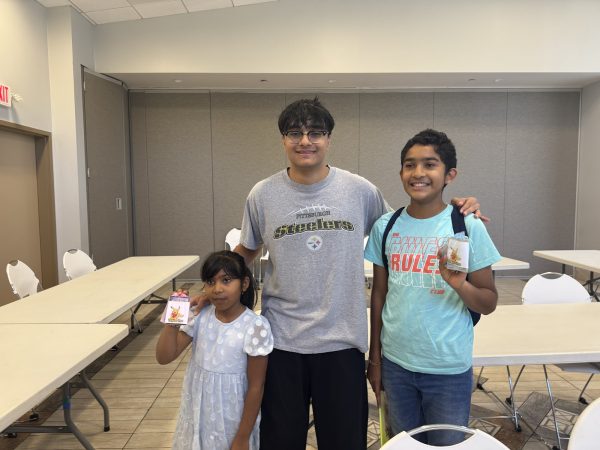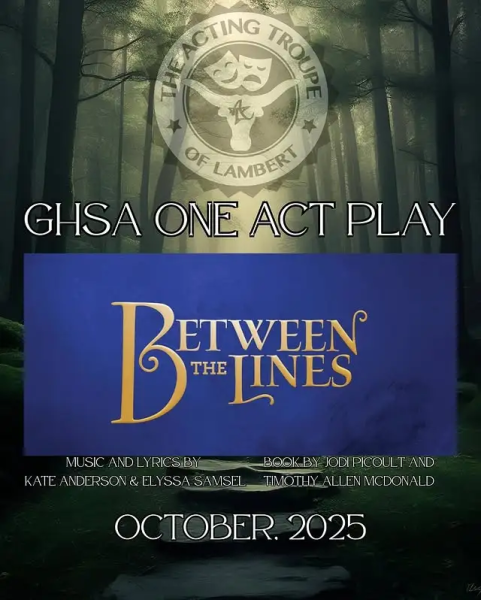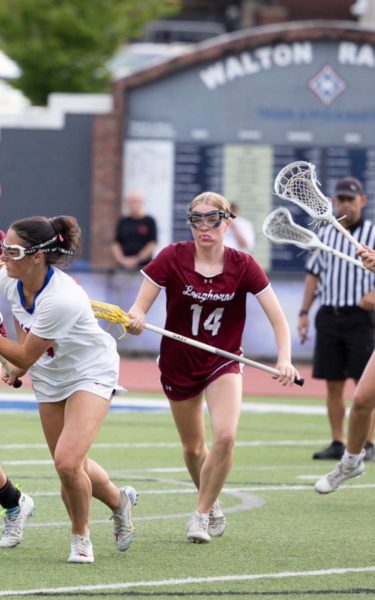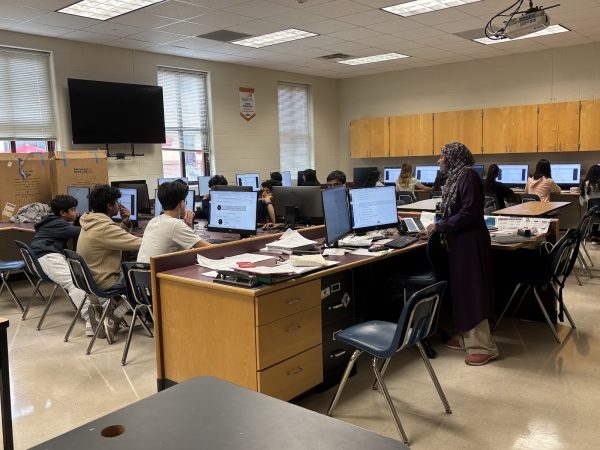When The Battles of Thames Killed Tecumseh: First and Second Variations
“Last year in AP US History, Mr. Temple required for us to write a creative piece based on the War of 1812. While researching to come up with an idea, an Indian chief named Tecumseh gripped my attention. To make a long story short, he died in action against the Americans and it marked a turning point. Historian Lisa Gilbert has said, “As a result of Tecumseh’s defeat, Natives were never again considered separate and equal partners in international relations.” I wrote this poem to remind myself of the Native Americans, who I believe is a neglected people group of our country. I always hear about fighting for the blacks, the women, the LGBT community, and so on. But now I think it is time for us to hear the voice of the original Americans. They are not weaklings awaiting our help, but valuable people who we should listen to. I encourage everybody to become aware of them again, whether it is by Google-ling or by witnessing artistic creations about them like this poem.” -SungMin Park
“River Valley Gorge” by Hannah Saylor, 11th grade
“This picture was taken over the summer when my family and I went on a road trip. In West Virginia we stopped at River Valley Gorge and I was inspired to take this picture because of the way the trees frame the bridge and its natural beauty.” -Hannah Saylor
The poem is fiction. It comes in two variations and it is written from Tecumseh’s point of view. I imagined Tecumseh dying to an American soldier, a soldier who displayed a laughable irony. The irony is this: as the soldier is killing Tecumseh, he gives praise for the United States and for its ideals based upon human value. While the United States has, is, and will always uphold the ideals based upon human value, it certainly did not exemplify those ideals best during the removal of Native Americans, both from our lands and from our minds.
First Variation
Death calmly strode through the forest,
Passing by the bodies and bullets,
Of British, American, and Indian men
To seek my soul
And scoop it out of my chest
With cupped hands
Death carefully propped my soul up,
Dusting off the blood and bane,
Of fear, pain, and diseased war
To clean my soul
And remind me of
the last of my life’s moments
With awakened eyes
My last had only two men
Myself and a white man
We stood in stand still
Each with a gun excited to kill
I was sure to eliminate him
Until
His speech reached me
Before I reached my weapon
In fool’s wisdom, he screamed,
“For life, liberty, and the pursuit of happiness
Endowed to all men by their Creator!”
He proceeded to profess
The importance
Of freedom from tyranny
And rejoiced at how America
Will now distribute
This freedom to every man
In the midst of his passion,
And my shock at his hypocrisy,
He bore the bullet
Through my body,
And allowed drip, drip out
Second Variation
Oh, for life, liberty, and the pursuit of happiness
Or, translated into contemporary English,
believe in yourself, and follow your dreams
because the sky’s the limit and anything is possible
Enough.
Only white men can say cliches
such as those,
to other white men.
I had more than a
half-cooked dream.
I too
had a vision
of an independent nation
free from threat
to individual rights
free of tyranny
capped upon a whole population.
How strange.
Is this how all humans dream
when they are strangled by an oppression
descending from a higher power
who has no regard for the people under?
As Death scooped up my soul,
with shaky hands and graceful flourish,
I reminded myself of
the white man
who screamed at me about the
importunity
of pursuing life, liberty, and freedom
because of the certain
unalienable rights
given to all men
by a creator
all while
he
killed
me.
Your donation will help support The Lambert Post, Lambert High Schools student-run newspaper! Your contribution will allow us to purchase equipment and cover website hosting costs.








